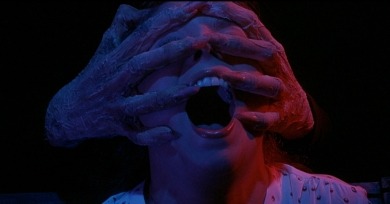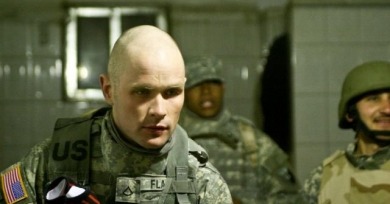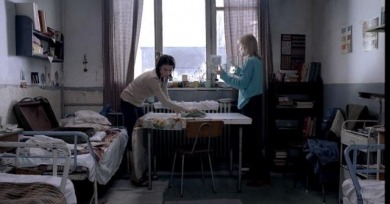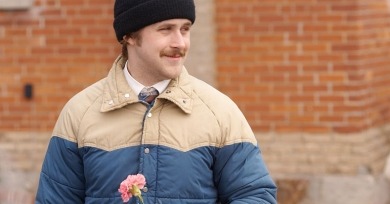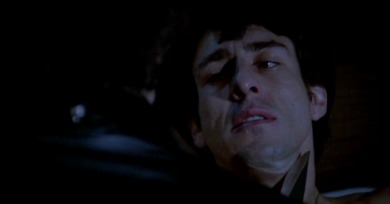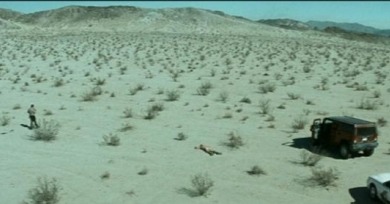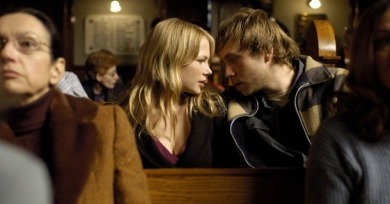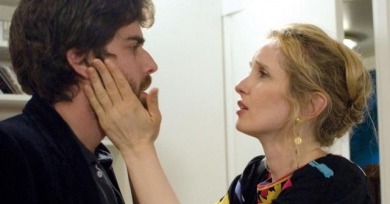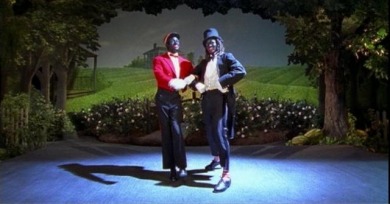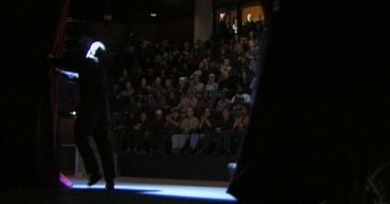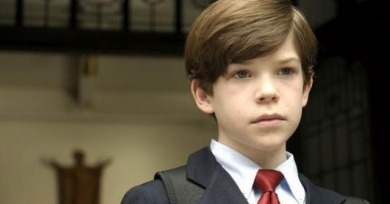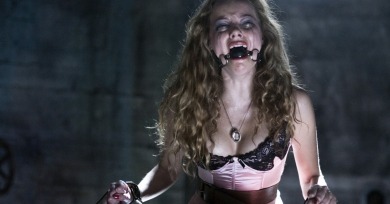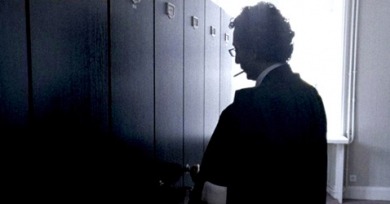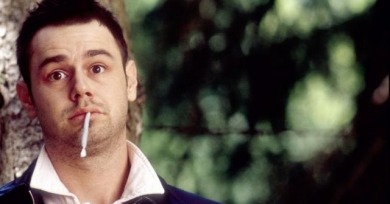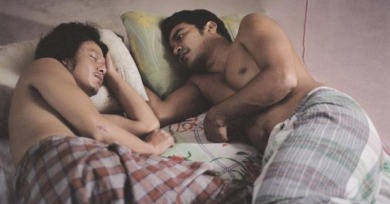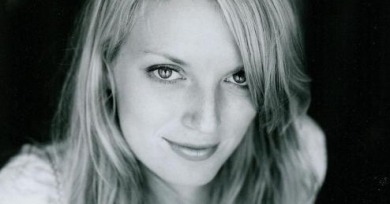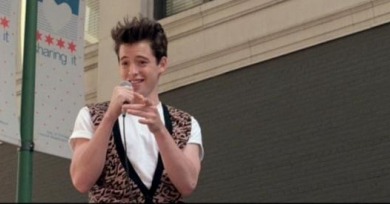Michael Koresky
If Southland Tales is indeed reflective of “these times of ours,” with its doomsday rhetoric and heightened pop culture grotesquerie, then it’s simply part of the problem, replacing a possible space for conversation with more cheap bombast (disguised as self-critique).
A Few Great Pumpkins
Inferno, Cujo, The Devil Rides Out, Invasion of the Body Snatchers, Paperhouse, Trouble Every Day, The Others, Halloween
Our era’s omnipresent symbol of how far the U.S. has fallen, and how precarious the Western world’s dominance is when up against the ideological conundrum of the Middle East, the Iraq war has proven a challenge for our political artists.
The clandestine nature of abortion, legalized or not, may be what fuels the narrative of the film, yet it’s the human nature of the women navigating this world that spiritualizes it.
Lars feels wholly neutered, a wishful-thinking portrait of a reliably lovable outcast, who not only is almost entirely embraced in his antisocial behavior but also never comes up against much conflict.
Warner can only hope for cultural amnesia for this to work: Cruising remains a work of unparalleled, unedifying discomfort.
The drastically polarizing nature of Dumont’s work comes not from any gleeful subversion, or insistence on rubbing our faces in putrescence (arguably Gaspar Noé’s at times admittedly intoxicating work falls more squarely here), but rather from its philosophical origins.
The film is content to dwell on the heart-on-sleeve shabbiness that Hawke has embodied since Reality Bites, confident enough to risk awkward intimacy in its depiction of the blossoming, then shriveling relationship between twenty-year-old actor-in-New-York William Harding and singer-songwriter Sara Garcia.
Though 2 Days in Paris purports to ultimately be an Annie Hall–ish elegy to lost relationships, Delpy and Goldberg cannot create enough of a poignant interaction to make their falling apart matter.
Where before we offered our writers the shots of their choice, here we gave them not only two shots, but the space in-between as well.
With Bamboozled, Spike Lee entered the new millennium and announced, without the slightest hesitation, that filmmaking was still a primitive medium. Technologically and educationally unformed—made suspect and misshapen by those who wielded it, and barely ready to be vindicated.
Five signs your preadolescent son may be “different,” from George Ratliff’s “Instruction Manual for Jittery New Parents" . . .
The flurry of recent press both praising and decrying a new movement in horror filmmaking, dubbed, with tongue planted firmly in butt-cheek, the “Splat-Pack,” shows a determination to justify a cultural black hole.
In its detailing of the aftermath of a tragic hate crime in Rheims, France, Beyond Hatred so utterly avoids gratuitous horrors, exploitative grief, and moral grandstanding that those expecting a traditional cine-postmortem will be baffled.
Severance is therefore also, like Hostel, given to ill-advised “chickens coming home to roost” political commentary.
There may not be much radically new in Tsai's approach to camerawork and storytelling, yet the film's distinct naturalism feels worlds away from his previous, almost metaphysical stylization. Perhaps it's because he's back home.
'With Alzheimer’s you can have these extremely vivid, potent, emotional memories that aren’t necessarily connected to articulated facts or events. So she has these moments where she instinctually remembers how she feels about her husband, but doesn’t remember who he is."
Are we merely “diaper dandies” (thanks, David Poland!) rattling sabers to grab the attention of the establishment? Or is there something to the way we grew up with movies that results in a different way of looking at them?
It’s difficult for me to think of a more proper introduction to the confounding, slack-jawed pleasures of this ostensible space saga than crouched on the floor, behind my parents’ hassock, on the carpeted floor of my childhood family room.
Relying on an oddly herky-jerky motion that, within one shot, slows down each thwack and slice to a crawl and then speeds up those moments in between so that we can jump from one death to the next without “dead time,” 300’s fights are just so much faceless, tuneless carnage.

